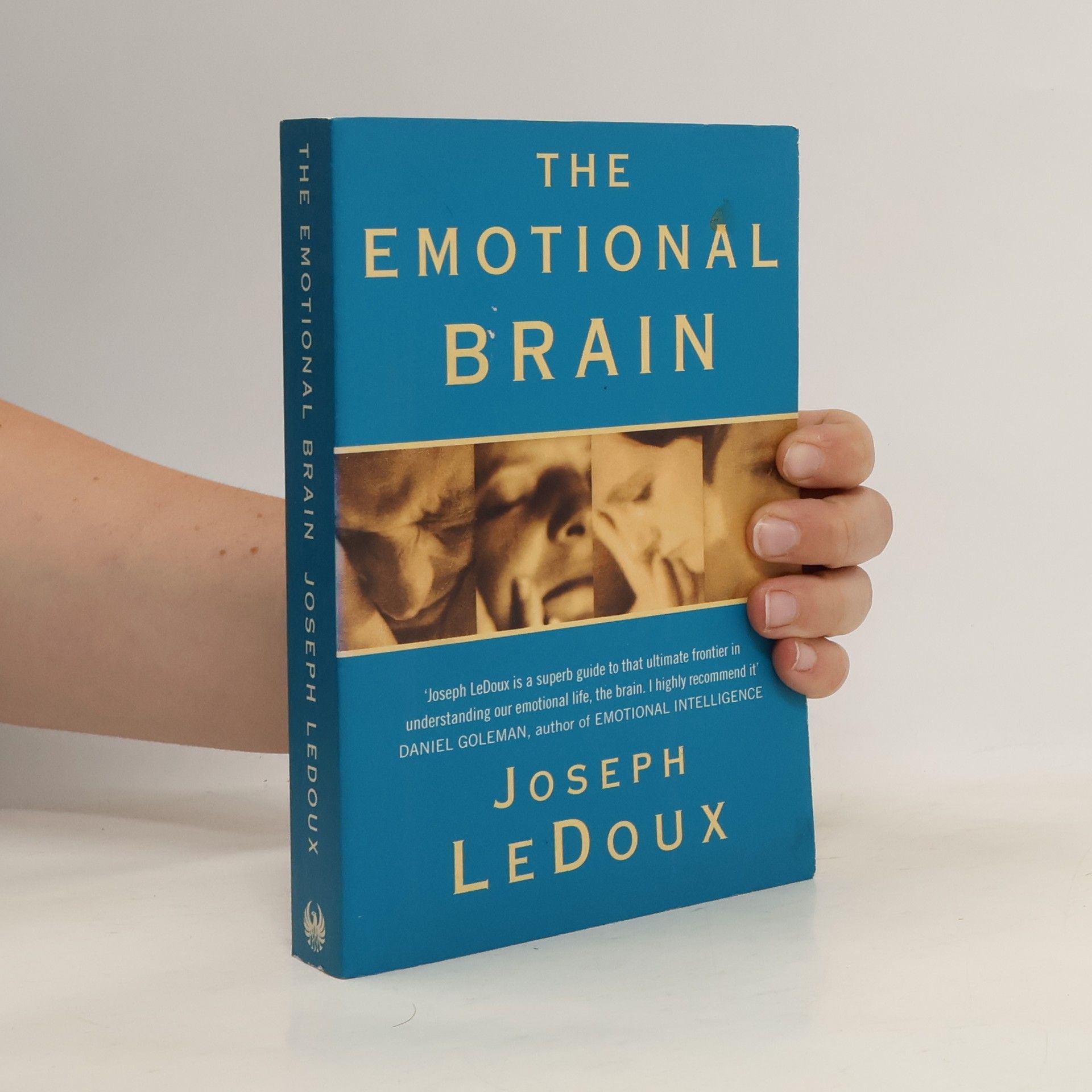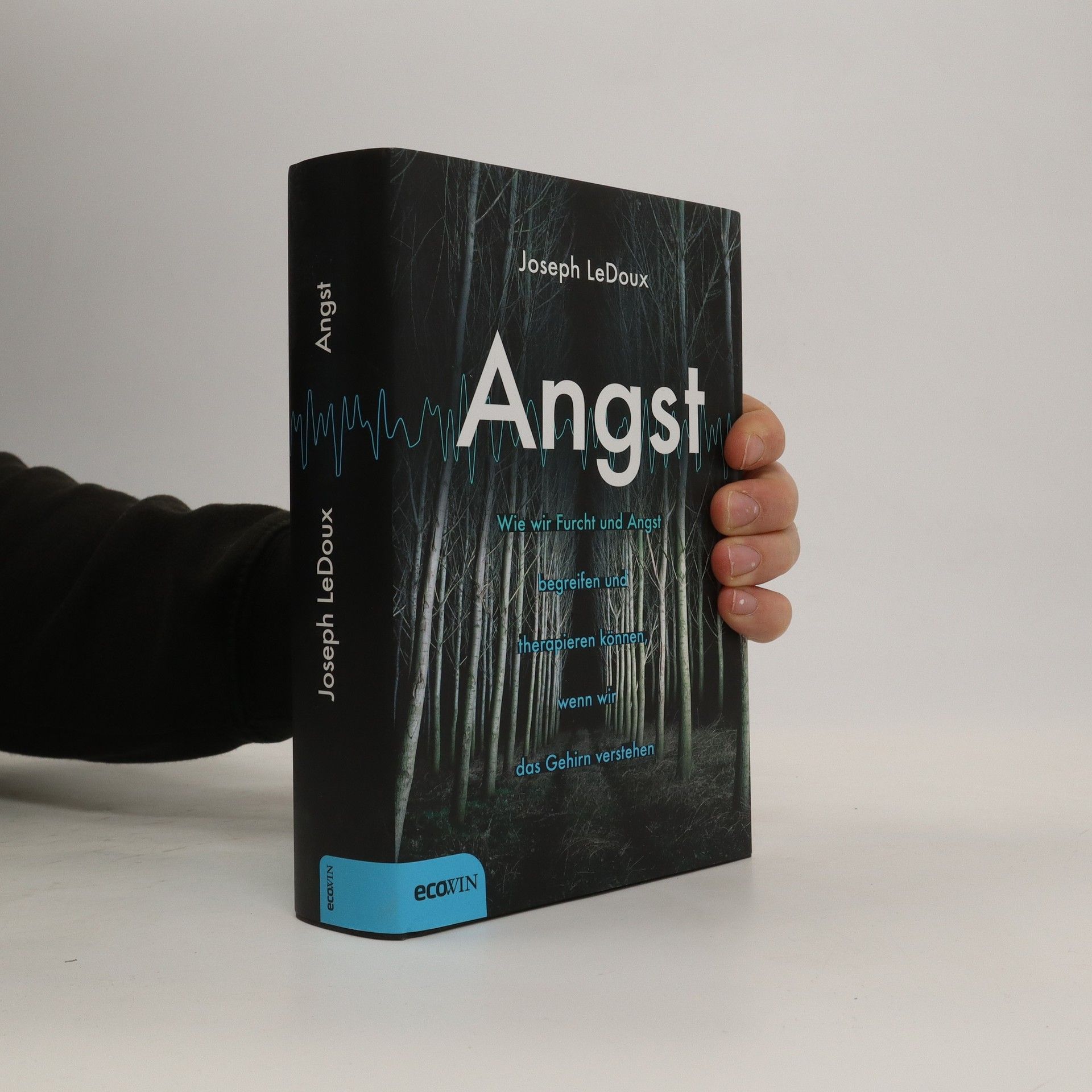Rock Music and Psychoanalysis: Frenis Zero Press
- 222pages
- 8 heures de lecture
The second edition of the book “Rock Music and Psychoanalysis” was published after the beginning of Covid-19 pandemic. Pandemic, as writes Heather Ferguson, has brought the world to its knees, leaving massive unemployment, hunger, loss, and death in its wake, disproportionately affecting people of color and poor communities world-wide. The pandemic has perturbed our ways of going-on-being, forcing social inequities into the spotlight. In our consultation rooms, we wonder how our social and psychic worlds will be altered, irrevocably, creating opportunities for revitalization, reorder, or a return to the status quo. Pandemic has affected both psychoanalytic practice and rock music playing. Both psychoanalysts and musicians have to practise through telematic platforms. Some authors of this book are analysts (such as Lewis Aron, Heather Ferguson, Giuseppe Leo and John Shaw) who play rock or pop music. Not all the contributors to this book are Joseph LeDoux is an influential neuroscientist, whose investigations have become precious clues for psychoanalysis, plus he is the founder of the band “Amygdaloids”; and Rod Tweedy is an essayist and editor whose chapter deals with David Bowie. However, their interests show that music, and pop/rock music in particular, have constantly oriented their scientific output. The book is dedicated to the memory of Lewis Aron with a tribute to him written by John Shaw.




